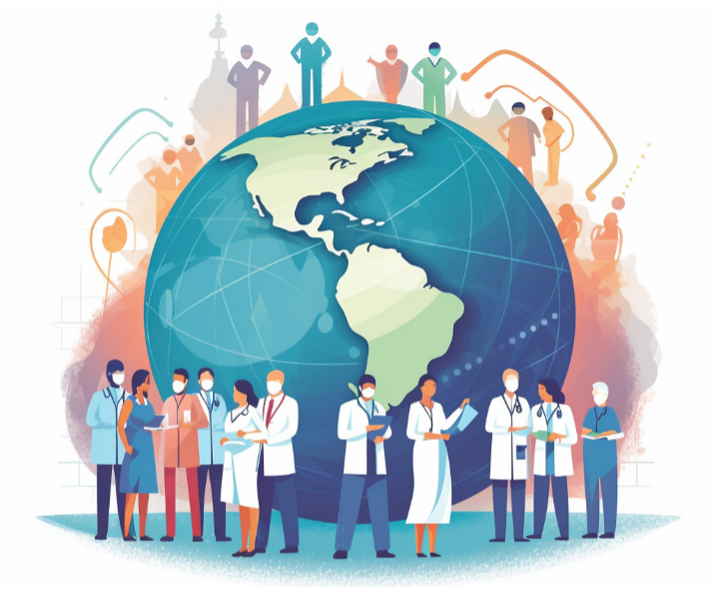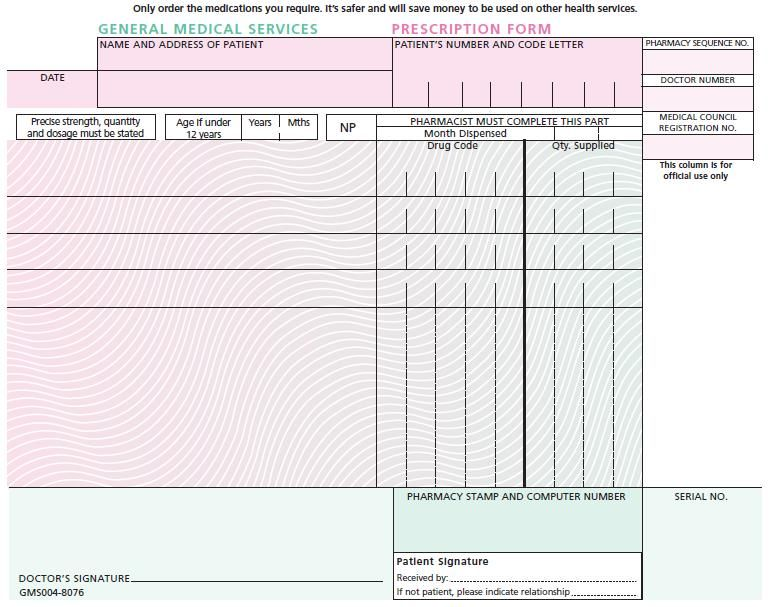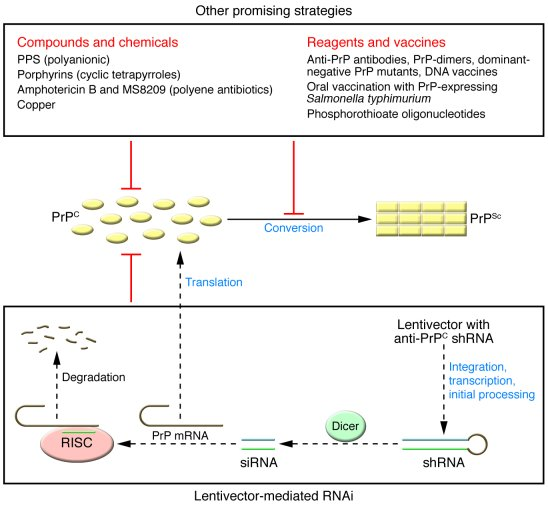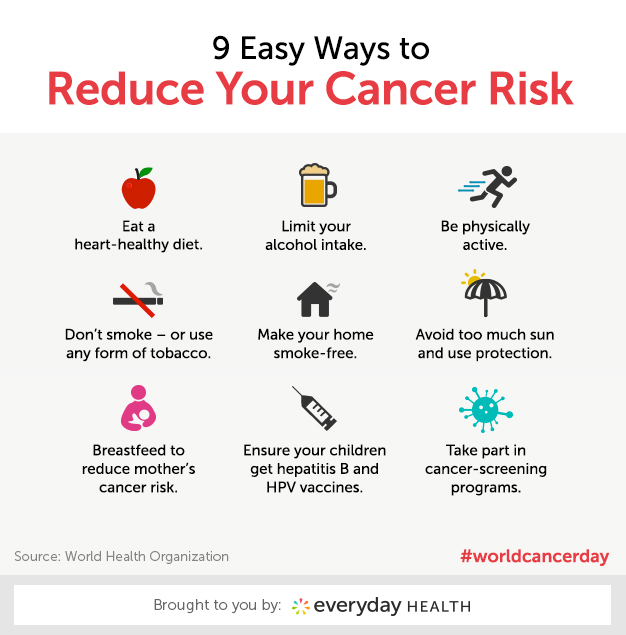Global health encompasses the intricate challenges and opportunities that affect health on a worldwide scale, and recent discussions highlight the urgent need to restore America’s role in this critical arena. Atul Gawande, a prominent surgeon and public health leader, has shed light on the profound impacts of funding cuts to organizations like USAID, which have historically been at the forefront of addressing global health challenges. Effective health infrastructure is essential for monitoring and responding to pandemics, as illustrated by Gawande’s experiences with rapid disease surveillance that reduced outbreak response times. His insights underscore a pivotal moment for public health leadership, advocating for a renewed commitment to both science and community resilience. As the global community faces a void in collaborative efforts, the call to action is clear: to safeguard the health advancements previously achieved and aim for a healthier future.
The topic of international health services extends to various aspects like health systems and global wellness initiatives, which are meant to mitigate health disparities across different regions. Recent discussions led by health experts, including those like Atul Gawande, emphasize the critical role of funding bodies such as the United States Agency for International Development (USAID) in fostering robust health frameworks. With an emphasis on improving health infrastructure and addressing pressing public health issues, the conversation also notes the increasing need for innovative solutions to navigate global health challenges. Such initiatives are not only about providing immediate healthcare solutions, but also about strengthening the overall capacity of health leadership worldwide. As nations grapple with these complex health scenarios, collaboration and effective governance become increasingly vital.
The Impact of USAID on Global Health Initiatives
The United States Agency for International Development (USAID) has played a crucial role in shaping global health initiatives over the past several decades. Under the leadership of figures like Atul Gawande, the impact of USAID has been immense, especially in the areas of disease surveillance and emergency response. Gawande highlighted how USAID developed an extensive 50-country network that tracked infectious diseases such as Ebola and bird flu, significantly reducing response time for global health crises from weeks to mere days. This level of coordination and timely intervention has undoubtedly saved countless lives and reinforced the importance of international cooperation in tackling global health challenges.
However, the recent upheaval within USAID has raised alarms about the future of these vital programs. The significant cuts to staffing and program funding have jeopardized ongoing health initiatives and infrastructure, which were once considered the gold standard for public health leadership. As Gawande notes, restoring USAID to its former glory may not be feasible, but urgent actions must be taken to salvage its remaining strengths to prevent further decline in global health standards.
Resilience of Health Infrastructure Amidst Crisis
Health infrastructure is the backbone of effective public health response, and despite the unfortunate dismantling of parts of USAID, resilience remains possible. As Gawande points out, many countries served by USAID still maintain reserves of critical medications and supplies despite the current crisis. This indicates a certain level of preparedness that can be leveraged in the face of adversity. Nonetheless, immediate cuts have strained these systems significantly and could lead to detrimental health outcomes if not addressed promptly.
Moreover, the threat to health services is not limited to international programs; it also impacts domestic health initiatives. The cessation of federal government funding and support for health and science programs has cascading effects on research centers like Ariadne Labs. These centers were crucial in innovating healthcare solutions that benefitted both high-income and low-income countries alike. As health experts navigate these turbulent waters, prioritizing the safeguarding and renewal of health infrastructure becomes imperative to address emerging global health challenges.
Gawande’s experiences underscore the interconnected nature of global health; what impacts one region can ripple through communities worldwide. With the support of committed professionals and innovative solutions, there is still hope for rebuilding stronger health systems that can respond to both current and future health crises.
The Role of Leadership in Revitalizing Public Health
Leadership plays a pivotal role in all facets of public health, from fostering international collaborations to implementing effective health programs. Atul Gawande’s tenure at USAID advocated for health policy reforms driven by evidence and scientific integrity. His commitment to public health leadership exemplifies how visionary leaders can navigate through bureaucratic challenges to safeguard the health of millions. Each program initiated under USAID showcased the potential of strategic leadership in achieving higher vaccination rates and enhancing health outcomes across diverse populations.
Yet, to revitalize the public health sector post-crisis, new leaders must emerge, embracing the values of scientific inquiry and collaboration. Gawande’s cautionary words resonate strongly: if the United States continues to retreat from its global leadership role, other nations may take the lead. Emphasizing the necessity for capable individuals in public health, Gawande asserts that it will be up to new generations of graduates and professionals to step up and reclaim the mantle of leadership to ensure that global health initiatives continue to prosper.
Addressing Global Health Challenges with Innovation
Addressing global health challenges demands innovative solutions and strategic thinking. Gawande’s initiatives during his time at USAID exemplified how creative approaches, such as novel treatment packages for maternity care, significantly impact health outcomes. Despite the setbacks experienced due to funding cuts, there is a mandate for health leaders and organizations to adopt innovative strategies that cater not simply to immediate needs but long-term sustainable health solutions.
Additionally, leveraging technology and data analytics can enhance health interventions, improve disease tracking, and optimize resource allocation. The ongoing challenges in global health, including the resurgence of infectious diseases and maternal health crises, underline the urgent need for innovation in health policy. Encouraging new ideas rooted in collaborative practices and multidisciplinary approaches can reshape the public health landscape, making it more robust in the face of future crises.
The Importance of Scientific Research in Public Health
Scientific research underpins all successful public health initiatives. Atul Gawande’s insights into the funding freeze at prestigious institutions like Harvard highlight how critical research funding is for advancing health knowledge and response capabilities. The disruptions to research caused by budget cuts threaten to stall advancements in areas such as disease prevention and treatment methodologies, leading to adverse consequences for public health.
Moreover, empowering research institutions to receive adequate support from both government and private sectors is essential in creating a more resilient public health framework. Research not only informs policy-making but also drives innovation within healthcare systems, allowing for targeted interventions that can significantly reduce morbidity and mortality rates across populations. Therefore, reinvigorating support for scientific research and fostering partnerships between health agencies and academic institutions should be prioritized to ensure continued progress in the fight against global health challenges.
Harnessing Community Engagement for Health Improvements
Community engagement is a vital component in the successful implementation of health programs. Atul Gawande emphasized that the power of community involvement can transition vaccination rates from 60% to 90% through concerted efforts and resources allocation. By amplifying local voices and integrating community feedback into public health strategies, health leaders can ensure that interventions are culturally appropriate and widely accepted.
Moreover, mobilizing communities to actively participate in healthcare initiatives fosters a sense of ownership, which often leads to better health outcomes. Encouraging training programs that empower local health workers can further strengthen community resilience against health challenges. Ultimately, bridging the gap between public health authorities and community members can augment the collective effort toward healthier populations.
International Collaboration for Health Security
International collaboration has never been more crucial in the domain of public health. Gawande’s experience at USAID demonstrates the need for countries to work together to combat infectious diseases that affect global populations. Collaborative efforts, such as those initiated under USAID, have proven essential in creating health systems capable of unified responses to outbreaks, thus safeguarding not only individual nations but global health security.
For future strategies, fostering partnerships with international organizations like the World Health Organization (WHO) presents an opportunity for shared knowledge and resources. Joined efforts allow for quicker identification of health threats and the facilitation of prompt action. Engaging in multilateral agreements and initiatives also emphasizes the importance of a united front in addressing global health challenges, as diseases do not respect borders.
The Future of USAID and Global Health Leadership
The future of USAID remains uncertain, yet the call for a revitalization of its mission resonates strongly within the public health community. As Gawande articulated, although the agency may not revert to its original operational might, it still holds potential to underpin global health initiatives if restructured effectively. Advocating for robust health infrastructure and strategic funding can help restore its functionality and re-establish the U.S. as a prepared global health leader.
However, future leaders must be proactive, adopting innovative approaches and ensuring that critical programs continue to flourish despite ongoing challenges. By fostering a culture of integrity and commitment to science, USAID can possibly re-emerge as a beacon of hope in global health, demonstrating a commitment to the well-being of populations around the globe. As new global health leaders arise, they’ll be tasked to not only confront current health challenges but to anticipate future ones, emphasizing resilience in health systems.
Legacy and Ongoing Commitment to Global Health
Atul Gawande’s legacy in public health, especially through his work at USAID, illustrates the tremendous impact that dedicated individuals can have on global health initiatives. His commitment to addressing health disparities has inspired a generation of health professionals to strive for excellence in public health leadership. As he pointed out in his recent discussions, the work done to strengthen health systems and improve outcomes for vulnerable populations remains essential, regardless of the existing political landscape.
The continuation of such commitments is crucial. Advocacy for policies that support public health initiatives and the latest scientific research is a responsibility that now lies with emerging health leaders. Together, they can ensure that the lessons learned from Gawande’s tenure at USAID inform future efforts aimed at reinforcing global health frameworks and combating the disparities that threaten communities locally and globally.
Frequently Asked Questions
What is the impact of USAID on global health initiatives?
USAID plays a crucial role in global health initiatives by funding and supporting programs aimed at preventing diseases, improving maternal and child health, and enhancing health infrastructure. Under leadership figures like Atul Gawande, USAID established networks to rapidly respond to outbreaks and improve health outcomes worldwide.
How has the dismantling of USAID affected health infrastructure globally?
The dismantling of USAID has significantly harmed global health infrastructure by terminating critical programs and staff that supported disease surveillance, maternal health, and treatment of communicable diseases. This loss affects millions and diminishes the U.S. role as a leader in addressing global health challenges.
What lessons can we learn from Atul Gawande’s perspective on public health leadership?
Atul Gawande emphasizes the importance of sustained public health leadership and technical assistance in achieving high vaccination rates and addressing global health challenges. His experience at USAID illustrates how effective leadership can reduce emergency response times and improve health outcomes through collaborative efforts.
What are some major global health challenges highlighted by Atul Gawande?
Atul Gawande highlights several global health challenges including the need for rapid response to outbreaks, improved maternal and child health outcomes, and ongoing support for HIV, tuberculosis, and malaria treatment. These challenges emphasize the necessity for robust health infrastructure and committed public health leadership to advance global health.
How can individual expertise contribute to global health efforts?
Individual expertise is critical in global health efforts, as highlighted by Atul Gawande. Regardless of current political climates, skilled professionals will be needed to tackle pressing global health issues such as disease prevention and health infrastructure development, ensuring that communities receive the necessary care and support.
What is Atul Gawande’s vision for the future of global health?
Atul Gawande remains hopeful for the future of global health, despite uncertainties surrounding U.S. leadership. He stresses the importance of continued commitment from health professionals and institutions globally to address ongoing health challenges, indicating that while U.S. leadership may wane, other nations and individuals can emerge to fill the gap.
| Key Points | Details |
|---|---|
| Gawande’s Critique of USAID Changes | Discussed the damaging effects of the Trump administration’s cuts to USAID. |
| Importance of USAID in Global Health | Emphasized that USAID was crucial for disease surveillance and improving health outcomes. |
| Urgency for Restoration | Gawande believes while USAID might not return to its former state, efforts can still be made to salvage health infrastructures. |
| Impact of Funding Cuts | Highlighted that funding freezes negatively affect research and health initiatives. |
| Call to Action for Future Leaders | Gawande encouraged students to remain committed to their roles in global health. |
Summary
Global health is a critical area that requires ongoing commitment and action. Atul Gawande’s insights shed light on the significant impacts of recent policy changes affecting the U.S. Agency for International Development (USAID). Despite current challenges, he stresses the importance of maintaining momentum and finding new solutions to improve health outcomes worldwide. The continued dedication of healthcare professionals is essential in ensuring that global health standards are upheld, especially in responding to pressing health crises and inequities.




